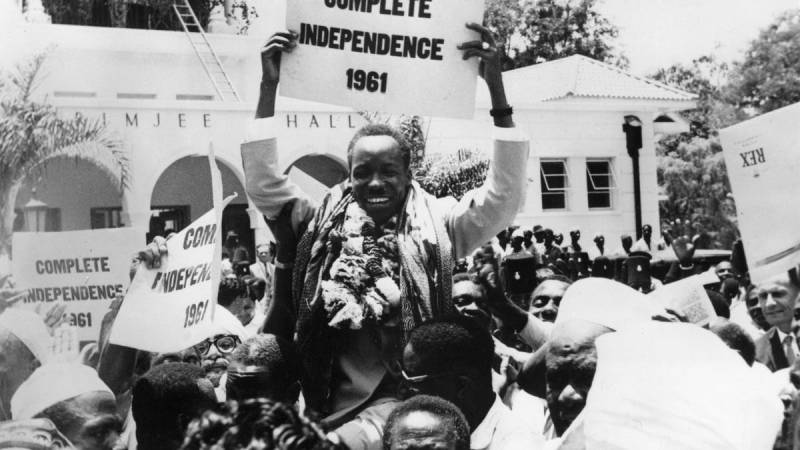Swahili, formerly an obscure island dialect of an African Bantu tongue, has grown into Africa's most widely spoken language. It is one of the few languages in the world with over 200 million users.
The shapers of this story – immigrants from inland Africa, traders from Asia, Arab and European occupiers, European and Indian settlers, colonial rulers, and individuals from various postcolonial nations – have used Swahili and adapted it to their own purposes over the two millennia of Swahili's growth and adaptation. They've brought it with them wherever they've gone west.
The origins
Swahili historical areas are located on the Indian Ocean coast of East Africa. A 2,500-kilometer-long chain of coastal settlements stretching from Mogadishu, Somalia, to Sofala, Mozambique, with offshore islands as far away as the Comoros and Seychelles.
This coastal region has historically served as an international commercial and human mobility crossroads. People from many walks of life and from as far apart places as Indonesia, Persia, the African Great Lakes, the United States, and Europe came together. Hunter-gatherers, pastoralists, and farmers coexisted alongside merchants and city people.
African unity
Notable intellectuals, liberation fighters, civil rights activists, political leaders, scholarly professional societies, performers, and health workers are among the Swahili aficionados and champions. Not to mention the usual writers, poets, and artists.
Wole Soyinka, the Nobel laureate, has been the most prominent. Since the 1960s, the Nigerian writer, poet, and dramatist has consistently advocated for Swahili to be used as Africa's transcontinental language. In July 2004, the African Union (AU), the ‘united states of Africa,’ cultivated the same feeling of continental togetherness by adopting Swahili as its official language. As Joaquim Chissano (then-President of Mozambique) introduced the motion, he addressed the AU in the faultless Swahili he had acquired in Tanzania, where he had been educated while in exile from the country.
The sense of unity, the determination that Africa is one, will not go away. Languages are fundamental to everyone's sense of belonging and ability to convey what's on their mind. The AU's decision was especially striking given that its member nations' populations speak an estimated two thousand languages (approximately one-third of all human languages), with several dozen of them having more than a million speakers.
A liberation language
Swahili served as a worldwide means of political collaboration in the decades leading up to Kenya, Uganda, and Tanzania's independence in the early 1960s. It allowed liberation fighters from all over the region to convey their common goals despite the fact that their local languages differed greatly.
For some Africans, the growth of Swahili represented true cultural and personal independence from colonizing Europeans and their languages of control and command. Tanzania's government, unlike any other independent African country, uses Swahili for all official business and, most notably, primary education. Indeed, the Swahili term uhuru (freedom), which arose from the independence fight, entered the worldwide language of political empowerment.




